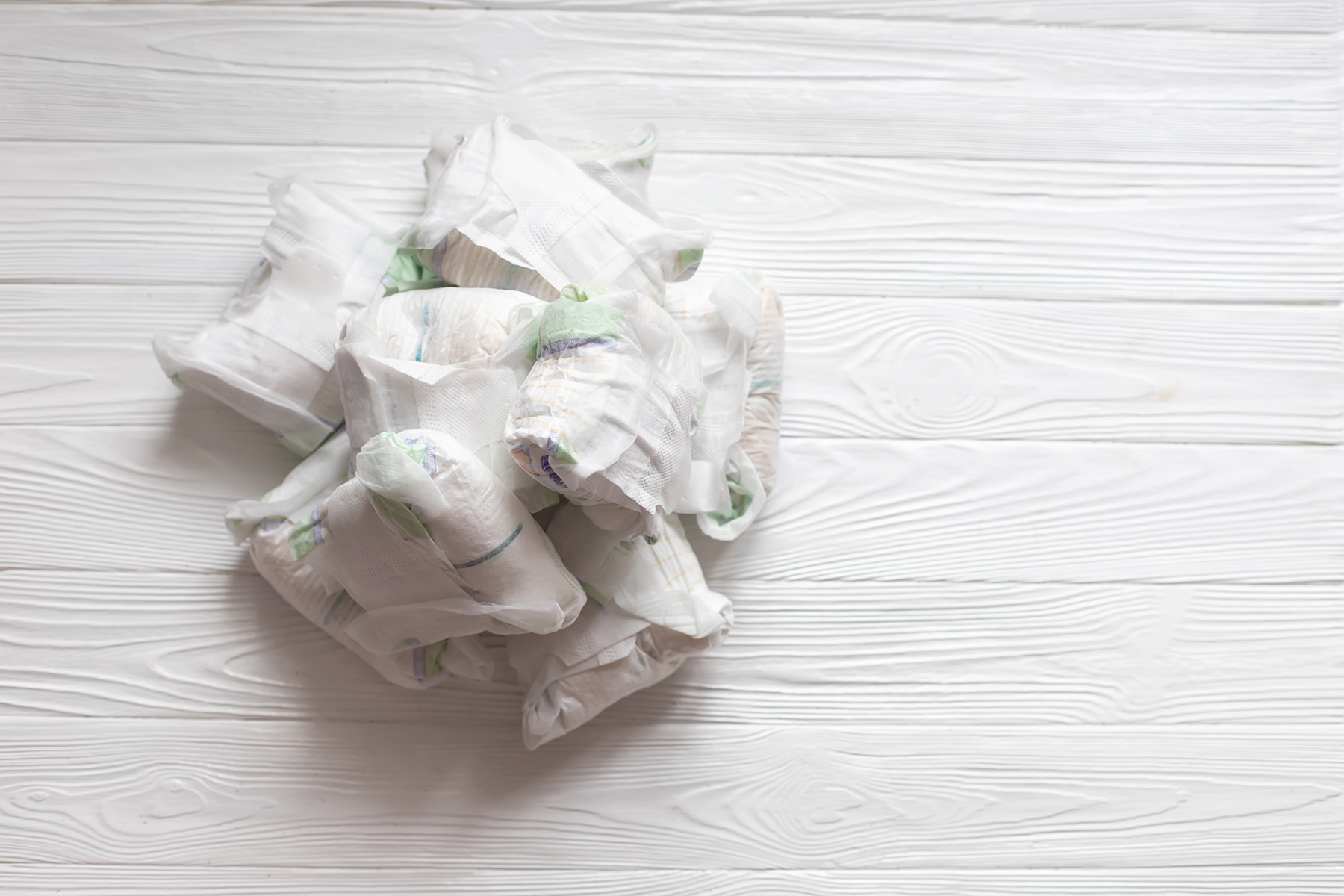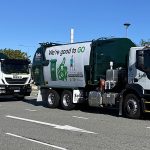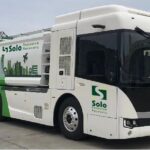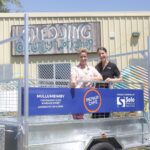Solo Continues To Support Efforts To Reduce Landfill With A New Innovative Approach

Solo continues to support efforts to reduce landfill waste by collaborating on a new and innovative approach and trial. Partnering with the South Australian government, the CSIRO, and nappy manufacturer Kimberly-Clark, Solo is helping to divert used baby nappy products away from being delivered and disposed of into existing landfill sites.
This new nappy recycling program aims to reduce waste and it has already processed and diverted nearly 2 tonnes of waste after five months of operation.
Key points regarding this new waste reduction initiative include:
- Currently, approximately 1.5 billion nappies are delivered to and enter Australian landfills each year
- 5 months into this new trial, approximately 2 tonnes of nappies have been processed for recycling and diverted from landfill altogether
- The trial is being backed by the South Australian government, and experts say the initial results are very promising
The Waste Produced By Nappies Is A National And International Problem
The waste produced by nappies is both a national and international problem, with approximately 1.5 billion nappies entering Australian landfill alone every year, and it is estimated that nappies take approximately 150 years to deteriorate once they have been disposed of.
As such any recycling initiatives that can reduce this amount of waste are highly desirable due to the environmental impact that nappy disposal currently has.
As Solo has an ongoing interest in waste management and waste recycling, we are pleased to announce our participation in this new trial in conjunction with the South Australian government, the CSIRO, and nappy manufacturer Kimberly-Clark.
From Waste Collection To Delivery, To Processing And Recycling
As part of this recycling trial, an Adelaide Hills childcare centre is donating its used nappies for collection, and Solo Resource Recovery collects these nappies and transports them to a Peats Soil processing plant which is located in Langhorne Creek, South Australia.
Upon arrival at the plant, any plastic components that are present in the waste are separated, and the organic material is extracted to be treated with an anaerobic digestion process, which is utilised to create a new composting material.
So far approximately 2 tonnes of nappies have been collected by Solo and delivered for processing, and Dr Anu Kumar, who is a Principal Research Scientist with the CSIRO, has remarked that the results delivered by the trial so far can be considered a success.
Dr Kumar has also noted that the anaerobic process that is being utilised is an excellent way to recycle nappies and that the end product that is produced will have similarities to other types of compost that are created.
The end-product compost is of a high standard and it meets Australian quality requirements, so far no plastic fragments have been detected in the compost through post-processing surveillance.
A Trial With A Lot Of Potential Benefits
The concept for this recycling trial was inspired by a similar project that has already taken place in Canada, where discarded products were collected from households and processed in a similar manner.
Recycling nappies can be viewed as the first step of a concept that has a lot of potential, with other discarded items such as incontinence products and sanitary pads possible additions to the process in the future.
The South Australian government acknowledges the vast potential of this trial, and it has so far shown its financial support by contributing $50,000 in development funds.
With waste management continuing to be an ongoing environmental concern this type of initiative is welcomed, and the scope for expansion into other types of waste is both encouraging and exciting.
As a progressive organisation and a leader in waste management and waste recycling, Solo Resource Recovery is pleased to be an active participant in this new trial, and we look forward to supporting and being a contributor to the improvement of waste management processes into the future.
Related Posts

Published: October 1, 2024
Is Your Waste Management Performance Up to Scratch? Discover the Solo Difference
Read more
Published: August 15, 2024
Solo Invests in the Future: Company Expands Fleet with Hydrogen Vehicles
Read more
Published: December 15, 2023